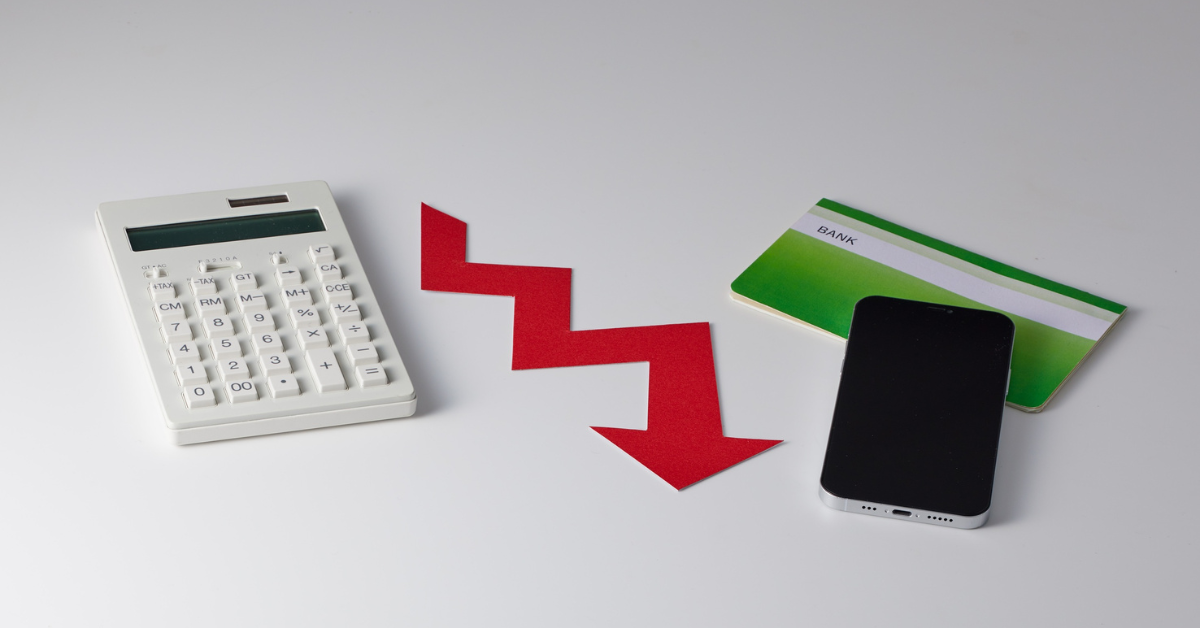Introduction: The Economy and Your Finances
The state of the economy has a significant impact on your personal finances. Whether it’s a booming economy with low unemployment or a recession that leads to job cuts, the national and global economic conditions influence everything from your job security to the interest rates on your loans. In this article, we’ll break down what the current state of the economy means for your finances and how you can navigate it effectively.
1. Economic Growth and Employment
When the economy is growing, businesses expand, and job opportunities increase. During times of economic growth, unemployment tends to decrease, leading to higher wages and more job security. For you, this means greater financial stability and the potential for higher income. On the flip side, if the economy is contracting, businesses may lay off employees, and finding a new job could become more challenging.
2. Inflation and Cost of Living
Inflation is a key indicator of economic health and affects the cost of goods and services. When inflation rises, the purchasing power of your money decreases, and everything from groceries to gasoline may cost more. If inflation is high, it’s important to adjust your budget to account for the rising costs. On the other hand, when inflation is low, your money goes further, and your expenses may stabilize.
3. Interest Rates and Borrowing Costs
Interest rates, which are controlled by central banks, fluctuate based on the state of the economy. In periods of economic growth, central banks may raise interest rates to control inflation, making borrowing more expensive. During recessions, they may lower interest rates to encourage spending and investment. For borrowers, this means that during economic growth, loans (such as mortgages and personal loans) may have higher interest rates, whereas, during recessions, borrowing could be more affordable.
4. Stock Market and Investment Opportunities
The stock market is often a reflection of the broader economy. During periods of economic growth, stocks tend to perform well, and investments may grow in value. Conversely, in economic downturns or recessions, stock prices can drop, affecting your investment portfolio. Understanding the state of the economy can help you make informed decisions about investing and managing risk.
5. Your Financial Planning in Different Economic Conditions
In times of economic uncertainty, it’s important to have a solid financial plan. Focus on building an emergency fund, reducing debt, and living within your means. In periods of growth, consider taking advantage of investment opportunities and saving for long-term goals like retirement. Stay flexible and adjust your financial strategy as the economy shifts.
Conclusion: Stay Informed and Be Proactive
The state of the economy directly impacts your financial life, from job security to the cost of living. By staying informed and adjusting your financial strategy accordingly, you can navigate economic ups and downs with confidence. Remember, your financial success depends on both your ability to adapt to the economy and your long-term financial planning.




